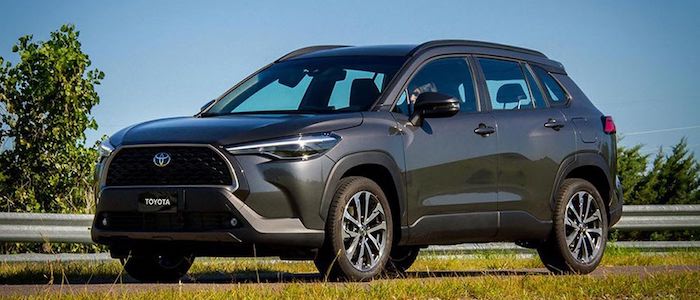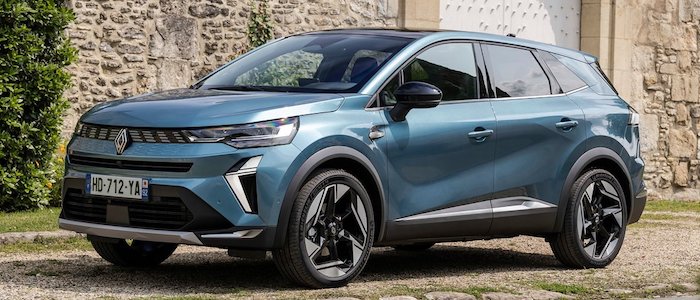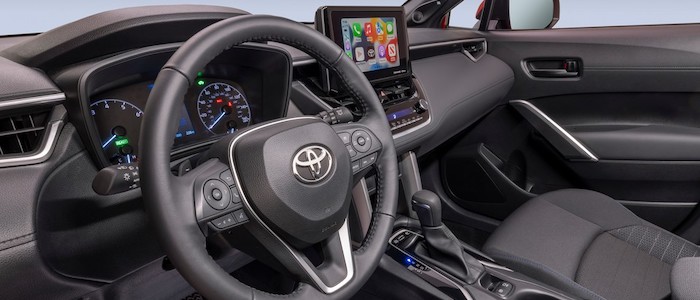Compare two cars
Compare any two cars and get our Virtual Adviser™ opinion
Dimensons & Outlines
Check a car with 30% off a report
Engine
2.0 M20A-FXS Hybrid HP
1.8 H4M FHEV
Performance (manual gearbox)
Performance (automatic gearbox)
Expenses
Virtual Adviser's™ opinion
Two significantly similar cars, no doubt about that. Still, each one has something different to offer. Having both cars powered by hybrid engines and utilizing the 5-door suv body style within the same 'SUV' segment, the only major difference here really is their wheel drive configuration (4 x 4 for the Toyota and front in the case of the Renault). The first one has a Toyota-engineered powertrain under the hood, a 4-cylinder, 16-valves 196hp unit, while the other one gets its power and torque from a 4-cylinder, 16-valves 158hp engine designed by Renault.
SafetyA starting point here would be to take a look at the results from European New Car Assessment Programme (Euro NCAP) tests which were performed on both of the cars, with the Toyota being a slightly better choice apparently. Still, apart from the official crash test results there are other things we need to be aware of. Both vehicles belong to the suv segment, which is generally a very good thing safety-wise, but it doesn't do much to help us decide between the two. On the other hand, taking kerb weight as an important factor into account, the French car offers a marginal difference of 3% more metal.
ReliabilityManufacturers have been building their reliability reputation for decades now and, generally speaking, it appears that both brands display similar results in faults and breakdowns, at least on all of the models level. These are the results of an independent reasearch, while our visitors describe reliability of Toyota with an average rating of 4.6, and models under the Renault badge with 4.2 out of 5. Unfortunatelly, I don't have enough insight that would allow me to comment in more details on the specific models level. We should definitely mention that owners of cars with the same powertrain as the Japanese car rank it on average as 4.0, while the one under the competitor's bonnet gets 3.0 out of 5.
Performance & Fuel economyToyota is undoubtly more agile, reaching 100km/h in 1.5 seconds less than its competitor. Still, it lacks the power to win the top speed competition, topping at 180 kilometers per hour, exactly the same as the other car does. When it comes to fuel economy the winner has to be the French car, averaging around 4.5 liters of fuel per 100 kilometers (63 mpg), in combined cycle. We can't ignore that 20% difference compared to the Japanese car.
Verdict
Toyota appears just a bit more reliable, although the difference is truly marginal. The most important thing when deciding between any two vehicles should always be safety, both passive and active. In my opinion, everything taken into account, the Japanese car offers slightly better overall protection and takes the lead. It all continues in the same direction, with Toyota being considerably quicker, thus putting more smile on driver's face. It does come at a cost though, and that's the fuel consumption... It's really tough to make a final decision here, but if I'd need to, I'd say Renault. Anyway, that's the most objective conclusion I could've came up with and it's based solely on the information found on this website. Aspects such as design, practicality, brand value and driving experience are there for you to measure them out. Also, you could use the oportunity to find out which car, everything taken into account, would be the perfect choice for you in the eyes of the virtual adviser™, among more than 12.000 different ones in our database.

































